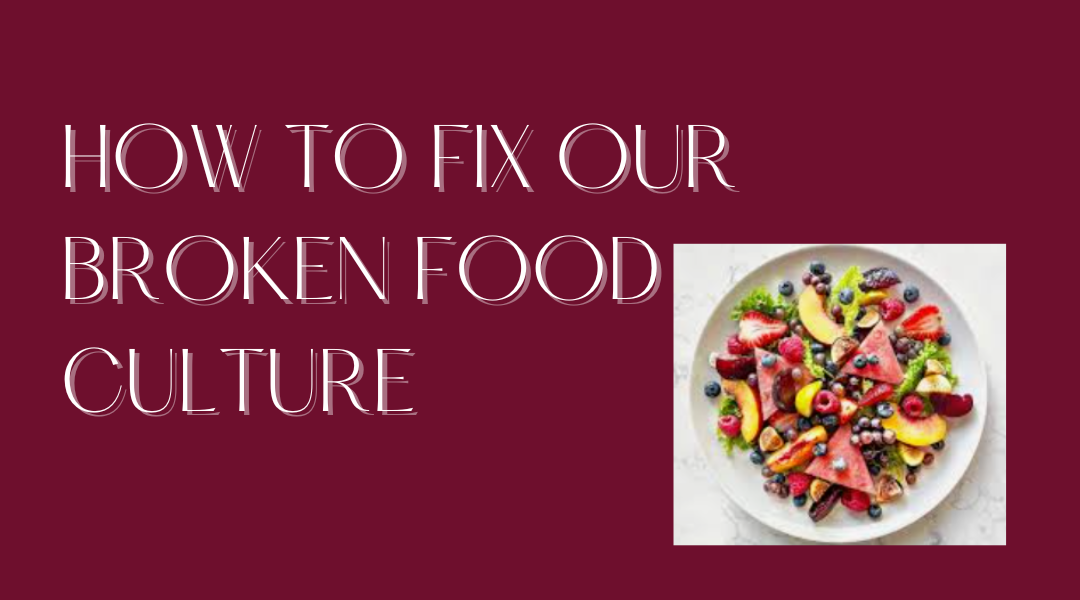Let’s stop pretending another fad diet will solve America’s health crisis. The real solution isn’t in a pill or cleanse – it’s in rebuilding our collective food IQ from the ground up. After working with schools, food banks, and communities nationwide, here’s what actually moves the needle on public health.
The School Lunch Revolution We Need
Current reality:
- Kids think ketchup counts as a vegetable (thanks, Reagan)
- Nutrition “education” means one awkward puberty video
What works instead:
- Edible classrooms: School gardens where kids grow what they eat
- Real-world skills: Teaching label reading instead of food pyramids
- Cafeteria makeovers: Salad bars with 10+ colorful options
Success story: A Texas elementary school saw behavior incidents drop 40% after replacing sugary snacks with veggie tastings.
Community Solutions That Don’t Patronize
Forget lecturing people about kale. Effective programs:
- Double Bucks programs: Matching food stamps dollar-for-dollar at farmers markets
- Cooking buses: Mobile kitchens teaching 30-minute meals in food deserts
- Pop-up produce stands: In corner stores and gas stations
Brilliant hack: One Detroit program pays teens to teach elders how to cook traditional recipes healthily.
The Tech Twist on Nutrition Ed
Smart ways digital tools are helping:
- TikTok cooking challenges with nutritionists
- Supermarket AR apps that highlight healthy deals
- Texting programs that send weekly meal ideas based on sales
My favorite: A Philly app that turns food stamp budgeting into a game with real rewards.
Facing the Ugly Truths
1. The corporate sabotage:
Big Food spends billions marketing junk to kids (for every $1 spent on nutrition ed, they spend $500 on ads)
2. The racism in our food system:
Black neighborhoods have 50% fewer supermarkets but 3x more fast food
3. The time poverty trap:
Minimum wage workers literally can’t afford the time to cook from scratch
What You Can Do Today
No need to wait for policy changes:
- Host a “recipe rehab” night – friends swap healthier versions of family favorites
- Volunteer at a community kitchen – skills matter more than donations
- Demand real food education at your local school board meetings
The bottom line: Changing our food culture isn’t about willpower – it’s about rebuilding systems that make healthy choices possible for everyone. Because no amount of nutrition facts matter when the only “fresh” option in your neighborhood is a gas station banana.
